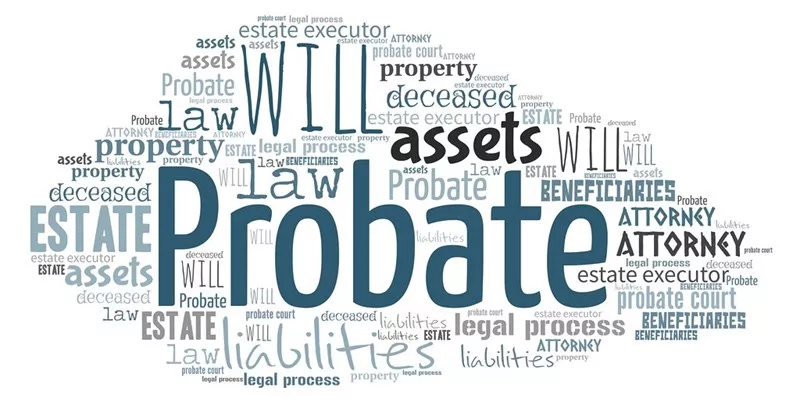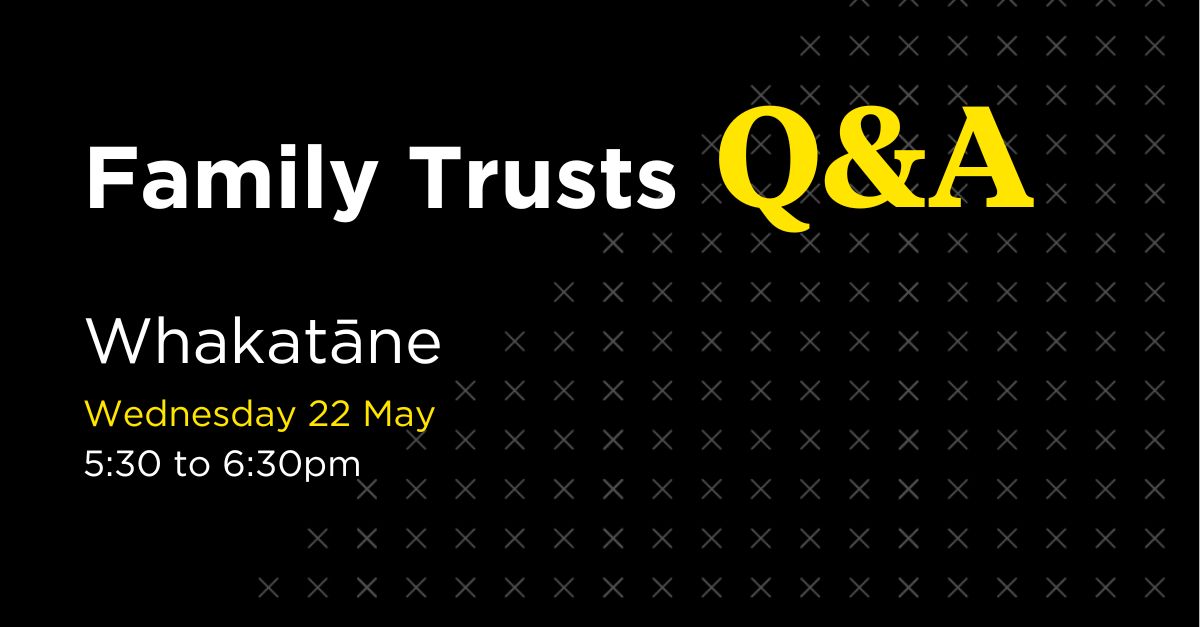If you have been appointed as an executor of a Will, then when that person dies you are responsible for administering their estate and carrying out their wishes according to the Will.
You may not have known you were an executor (surprise!). Or, you may have been fully aware of this and had discussions with the Will-maker about what they wanted to happen.
An executor’s role can be very straightforward, or it can be fraught with conflict. Read on to find out how to deal with all potential eventualities .
Locating the Will and understanding the terms
You should locate the original Will and ensure you understand its terms, for example, what happens if a beneficiary has passed away or if the beneficiaries are still minors. The estate’s lawyer can assist with any interpretation issues.
It is very important that you keep the Will in a safe place and do not alter or mark it in any way.
Assisting with funeral arrangements
As executor you have the authority to make decisions about the funeral and what to do with the body (ie. cremation or burial). Sometimes there will be funeral instructions in the Will, a pre-arranged funeral plan or the family may be aware of funeral wishes. If you are an independent executor, you may leave the decision making to family. The Court has determined that where there is no agreement regarding where a body is to be buried then the executor’s rights and duty to dispose of the body apply, and the executor will make the ultimate decision.
Identifying assets and liabilities of the estate
You must identify the assets and liabilities of the estate such as bank accounts, property, insurance, shares, income streams and debt.
If the estate has an asset worth more than $15,000, then you must engage an estate lawyer and apply for probate. Probate gives you, as executor, authority to deal with the assets of the estate.
Applying for probate
The Court ensures that an estate is not left unadministered where an executor refuses or neglects to carry out their duties. If you fail to apply for probate within three months from the death of the Will-maker, any other executor, or any other person interested in the estate, can make an application to Court to be appointed as your replacement. The Court will give you the opportunity to respond, or to formally step down. If the Court does not hear from you, then an alternative executor will be appointed by Court order.
The Court has the power to remove you and appoint a replacement. For example, there may be conflict issues between you and another executor, or a family member or other interested person might take issue with your appointment. This will involve a Court hearing if you wish to defend your position, or you do not reach an agreement to step down. Often the appointment of an independent person can resolve conflict issues.
Securing and insuring property
Any assets should be secured so far as possible. For example, if there is a property, you should check who has access to keys, that the insurance is up to date and that any expenses (such as rates, water and power) are up to date.
Notifying Relevant Parties
You or the estate’s lawyer should notify relevant providers of the passing, such as the estate’s bank, insurer, WINZ (if a benefit was being received), IRD and any other asset providers or debtors.
You must also notify the beneficiaries of the Will and make relevant disclosures to them. Your estate’s lawyer can assist with this.
Risks facing executors
Potential arguments can arise between family members who may be unhappy with the terms of the Will. The Court can become involved where an interested party makes a claim on the estate. As executor you are named as a party to the claim and are required to participate in the Court process. You are under a duty to take account the interests of potential claimants on an estate and therefore can be held personally liable to the beneficiaries or potential claimants for distributions made within six months from the grant of probate. Due to this potential liability, it is strongly advised that estate’s assets are generally not distributed until the expiry of six months. In practice, estates can take several years to distribute.
Before making distributions, you should seek advice from your estate’s lawyer to ensure you are not exposing yourself to undue risk. You also should take advice as to how to manage any conflict between the beneficiaries and how to deal with potential claims. The Court of Appeal has confirmed that an executor must be even-handed when dealing with beneficiaries/claimants and must not actively or dishonestly conceal relevant information about the estate.
As executor, you are required to act with neutrality and independence, while doing your best to follow the wishes of the Will-maker. You can attempt to reach agreement with all beneficiaries as to how assets are to be distributed, but if there is no agreement it will be for a Court to decide.
Although uncommon, you may also be required to act on the interests of minor children or mentally disabled persons who are otherwise entitled to make a claim.
Where the Will leaves a life interest, you as executor become the trustee for that life interest, and your duties and obligations continue. These extend to duties under the Trusts Act 2019.
Talk to our estate planning team about your options and to obtain the right advice for you.
There are a few things to think about in relation to your Will. Try our Will questionnaire here, and one of our team will be in touch.



